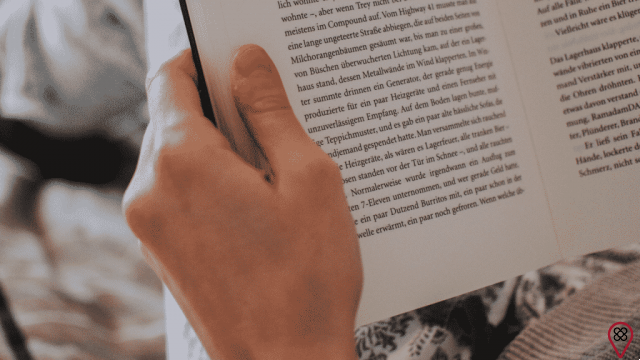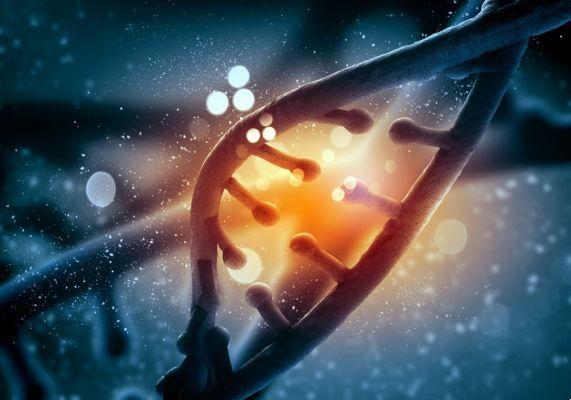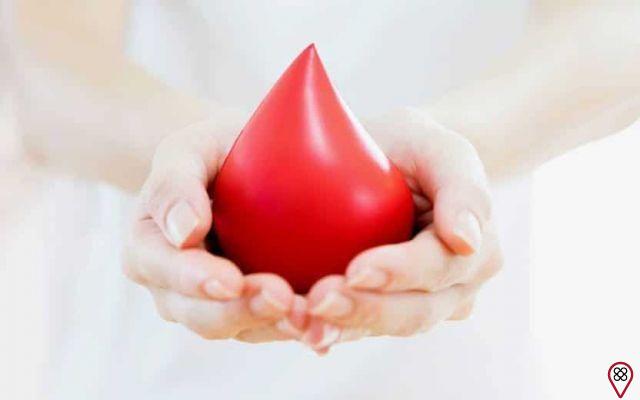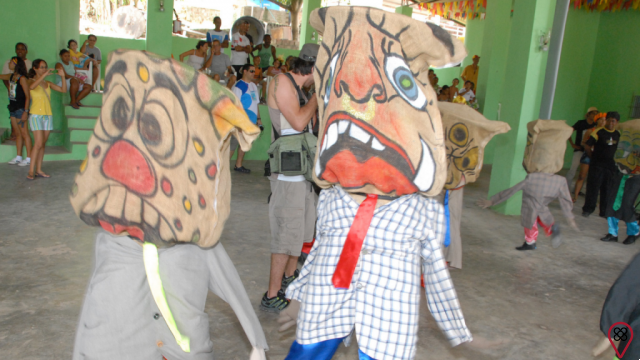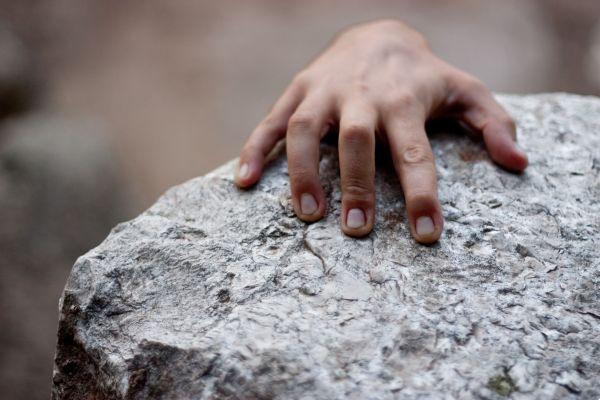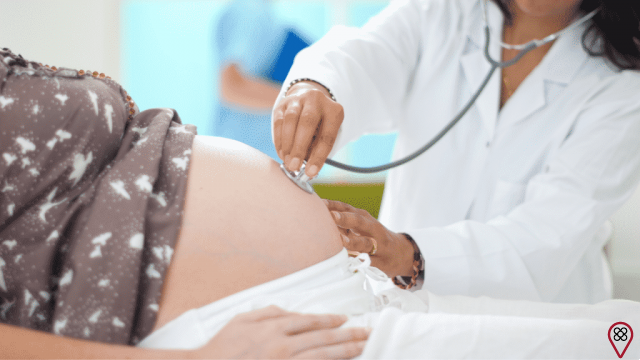The moment when the egg is fertilized is the beginning of our physical and intellectual formation. In that millisecond we already started to be and, from that moment on, any action will shape who we will be in the future.
In our embryonic stage we carry our genetic memory that traces a significant percentage of who we will be in the future. This cellular memory will affect both who we will be physically and psychologically. A primitive memory will be imprinted on us, a stamp of the set formed by the ancestors through paternal and maternal ways. We genetically carry information that has been transferred to us by our parents, their parents, their grandparents and so on. We are the genetics generated by chance from people who came together in the past. We are the testimony of their physical and psychological experiences and we are shaped by them.
“We are the result of a sum of events that starts from pregnancy.”
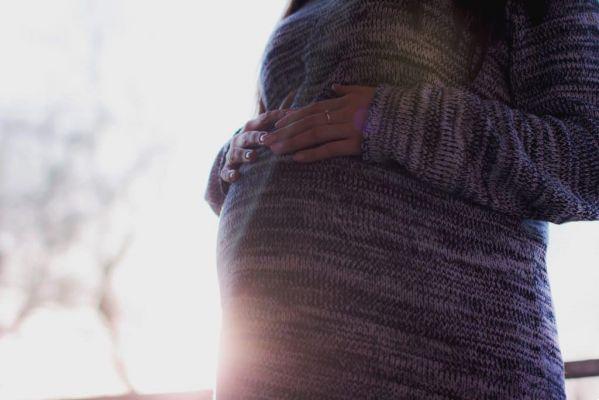
The human being is something of extreme complexity. The embryo is a potential “human being”, that is, it keeps a “project of becoming” in the secrets of fertilization.
We are not whole in the moments of the making of the being (fertilization), but the pre-project is filed in the primitive seed implanted right at the beginning of intrauterine life.
This project is ongoing and goes through several phases.
We are an open work, a multi-storey building.
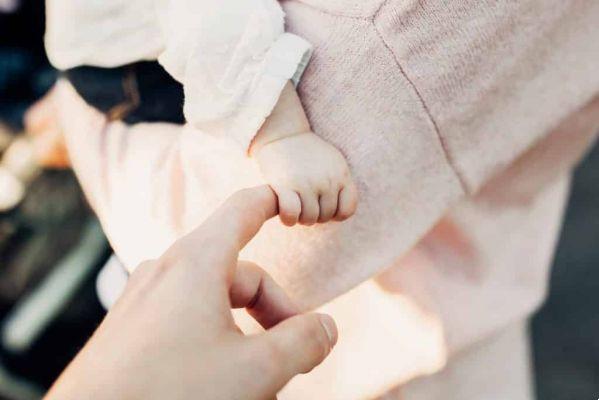
“The inside (mind) shapes the outside (physical), which in turn reformats the inside and aligns one with the other.”
There are several factors that influence us. During pregnancy, the stress to which we are subject (due to maternal behaviors and the environment where the mother moves) and even the food ingested by the mother, trace a percentage of our personality. On the other hand, the way they educate us from birth to sapiens level consciousness traces another distinct aspect. Each phase of our lives is a pillar of our personality (childhood, adolescence and even old age); all this linked to the climate, culture, society, experience.
As an adult, we have a better cognitive format with all these sums. We are at full power.

When old, we still acquire knowledge slowly and spend our days remembering the past as a retrospective in the form of farewell. Being aware of the approach of the end, we evaluate how life was.
“The perception of the reality of life and its limits makes us affable.”
From a slightly more personal perspective, I would like to take the topic to another field: how much the experiences of our ancestors affect our personality. In my own opinion, I think that a major trauma or loss experienced by one of our parents or grandparents could be passed on as genetic information. Imagine you have a completely unfounded phobia, a fear that you don't know the reason for, a strange feeling that invades you without explanation, aren't these aspects that were genetically transferred to us? In the same way that physical adaptability is genetic traits, psychological experiences can also be. A fear as a protection. If I had it and it traumatized me, my son will take something with him that will make him rethink taking the same step — something unconscious — but that somehow holds him back, makes him block and think twice.
You may also like
- Genetics and environment: Which one determines your personality?
- Understand how spiritual genetics can be a key to change
- Find out what your personality type is
The genetic field is extremely complex and extensive and we are far from knowing exactly how we are and the weight of each parameter in our training. But something is certain, we are environment and genes, in their mixture, in their complementarity.



